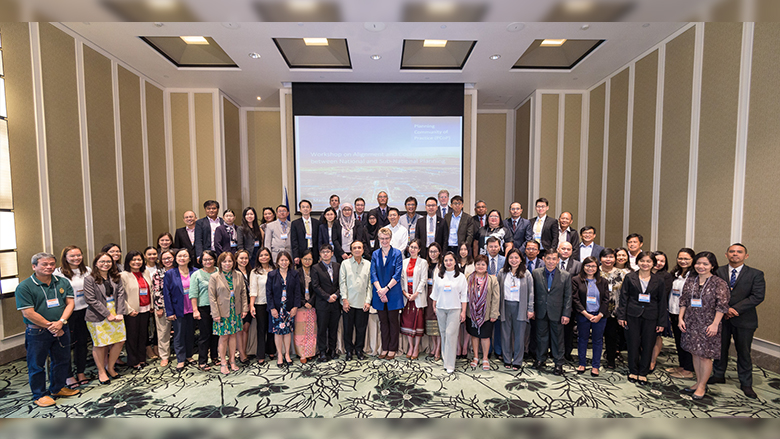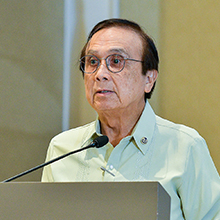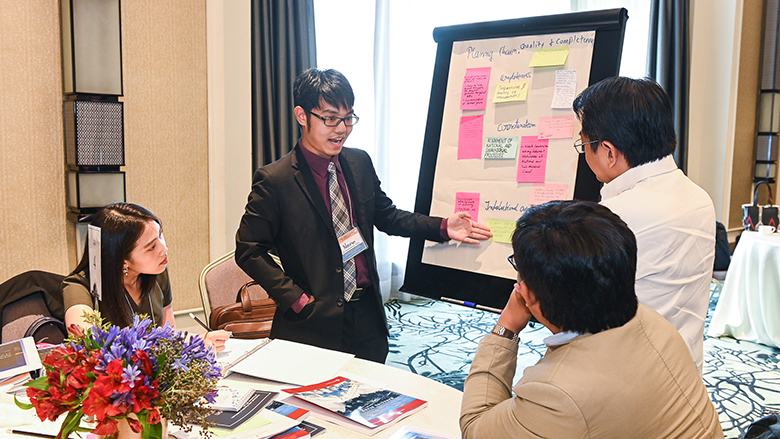Bringing people together in an environment that encourages and facilitates the exchange of knowledge and ideas provides valuable opportunities for learning. Finance and budget officials in government tend to have regular occasions for meeting and exchanging ideas. Planning practitioners in East Asia needed a dedicated space to convene and learn from each other’s experience as well as from international perspectives on what works and what doesn’t in different contexts.
In 2017, the World Bank Group Malaysia Knowledge and Research Hub, in partnership with Malaysia’s Ministry of Economic Affairs (formerly the Economic Planning Unit) launched the Southeast Asia Planning Community of Practice (PCoP) and began engaging planning officials in the region. At the first PCoP technical workshop, Johan Merican, Budget Director from the Malaysian Ministry of Finance said, “PCoP is an excellent initiative. Very often, we’re all aware of what needs to be done from best practices, but nothing beats being able to compare notes with fellow planning practitioners.”
A Community of Practice is both a learning opportunity and an effective capacity-building tool. It is an informal network of practitioners where knowledge and experiences can be shared to help build a better understanding of complex problems and formulate solutions. These networks provide alternative and innovative modes of engagement to complement institutional and individual capacity building initiatives. Communities of Practice are used in business, health care, education, technology, and even in law enforcement.
The Bank’s experience with Communities of Practices include the Public Expenditure Management Network in Asia (PEMNA) in East Asia and the Pacific, a network for public financial management, and the African Community of Practice on Managing for Development Results in Africa, a Community of Practice of governments and practitioners to share their experiences and best practices in monitoring and evaluation (M&E) and in managing for development results.



